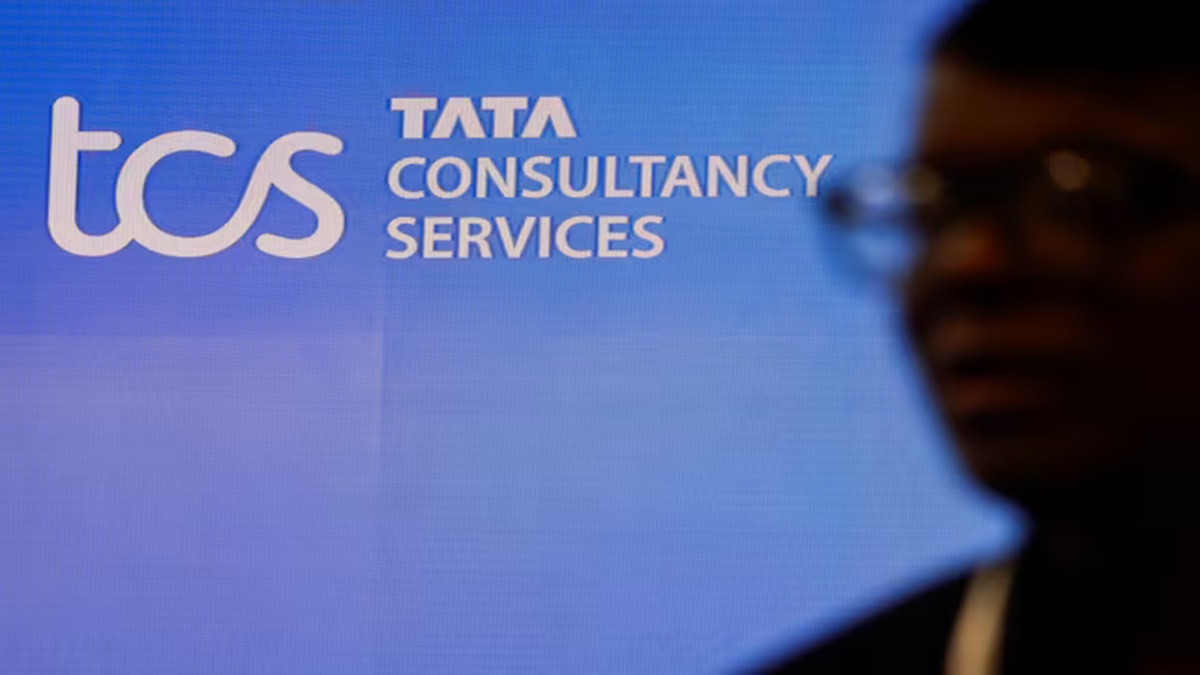The recent surge in workplace discrimination claims highlights a troubling trend within major tech companies. As organizations adapt to economic pressures, allegations of unfair treatment based on age and nationality are coming to light. A noteworthy case involves three former employees of Tata Consultancy Services (TCS) in the UK, who have brought their claims to an employment tribunal, alleging discriminatory practices during a redundancy program in 2023. TCS has firmly rejected these allegations.
EEOC’s Role in Workplace Fairness
The Equal Employment Opportunity Commission (EEOC) plays a critical role in upholding workplace discrimination laws. According to an EEOC spokesperson, federal law prohibits the agency from discussing ongoing investigations or specific complaints, ensuring confidentiality for those who file charges. This legal framework aims to protect individuals from workplace injustices.
Cognizant’s Discrimination Controversy
In a related context, the EEOC previously investigated Cognizant Technology Solutions Corp in 2020, following accusations of discrimination against non-Indian employees in the United States. This investigation revealed that the company allegedly favored Indian workers, leading to a significant federal class-action lawsuit. In October, a jury found that Cognizant had intentionally discriminated against over 2,000 non-Indian staff members from 2013 to 2022. Despite these findings, Cognizant maintains that it is committed to providing equal employment opportunities and stands against any form of discrimination.
Key Takeaways
- TCS faces allegations from former employees regarding age and nationality discrimination.
- The EEOC ensures confidentiality in discrimination investigations, which complicates public discourse.
- Cognizant was found guilty of discriminating against non-Indian workers, yet claims to uphold equal employment principles.
These incidents underscore the ongoing challenges companies face in fostering a truly inclusive work environment. As more individuals come forward with their experiences, it becomes imperative for organizations to address these concerns proactively.











